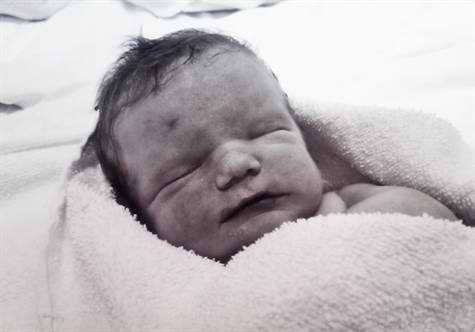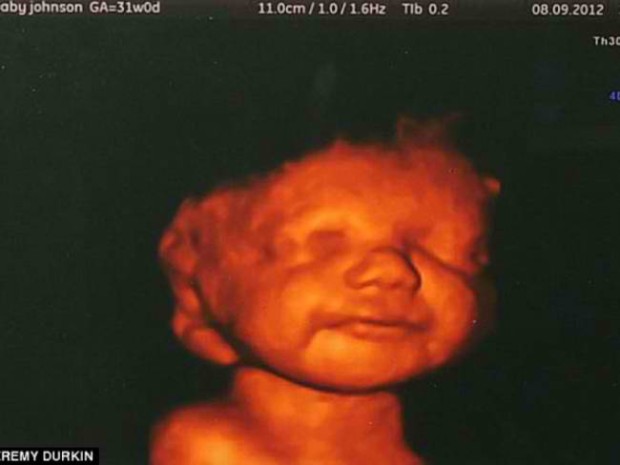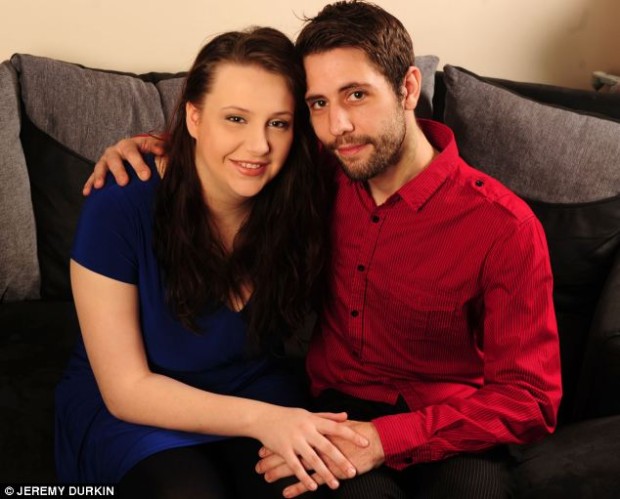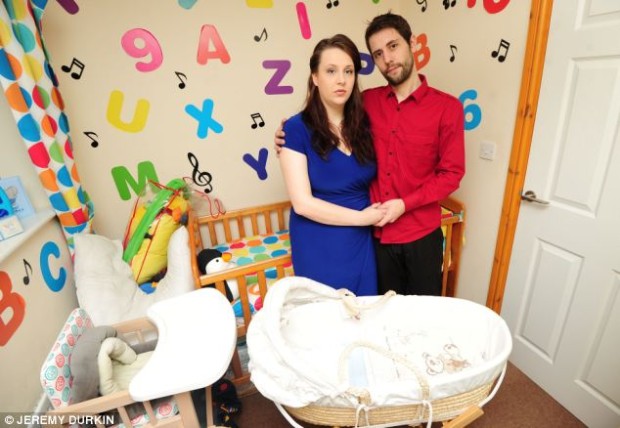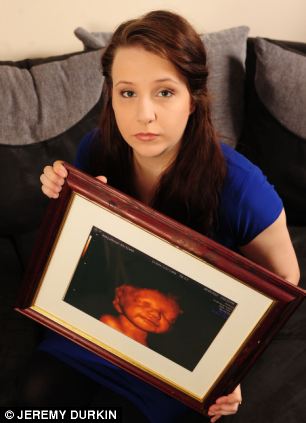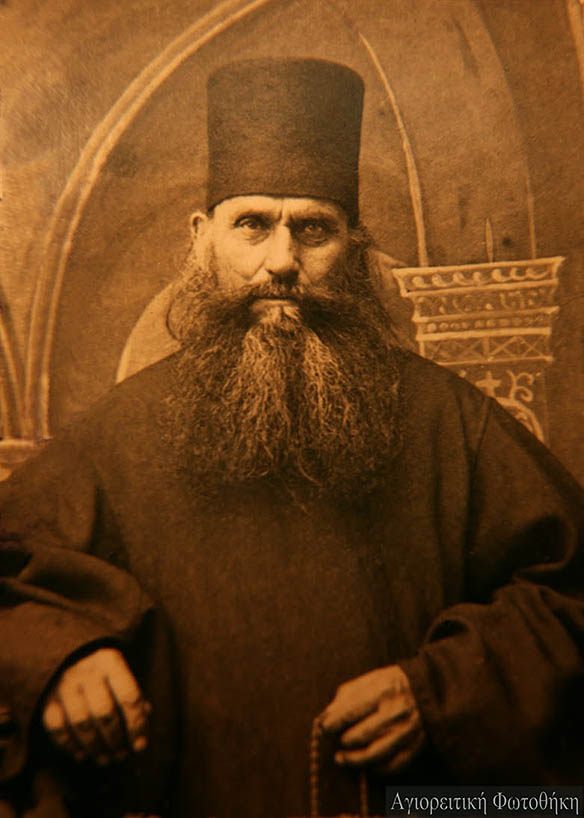
The main mission of the Church is to heal a person. In other words, when a person becomes part of the Church is healed if he follows the therapeutic regime which aims to assist him to return to the natural state which God gave him when He had created him.
After the fall of our forefathers, our nature was corrupted. When man severed his relationship with the Lord after disobeying His command, all his mental and physical capacities were immediately corrupted and perverted; his mind turned away from its unbreakable communication with the Lord, which was his natural state, towards the creation and matter, passions and sin. From that moment sickness and perversion entered man’s nature.
This is the reality of the fall, the sin of the forefathers, namely the hereditary sickness which passes on from one generation to another because we are natural descendents of our forefathers. Thus, each man has inherited this condition of spiritual sickness; the perversion of his nature.
Jesus Christ is called the ‘New Adam’, because He enters history at a certain point in time and accomplishes a mission. Christ’s mission was not so much to hand over the Gospel, namely His teachings, neither to give us a book called ‘Gospel’, but to give us Himself. In other words, just as we have inherited the sickness of our nature through the first Adam, Jesus offers us Himself, so that through the baptism we unite with Him, become one with Him, and then through the Holy Eucharist we acquire the capacity to unite with Him organically and ontologically (actually). This means that the actual unity with the Body and Blood of Jesus flows into our being, into our soul and our body. This is the reason why we become children of God and why the Church exists. The Church would have no reason to exist if it did not administer the holy mysteries, particularly the mystery of the Holy Eucharist.
The Church is not an institution aiming to increase its followers for various reasons. It is the place where man is healed spiritually and is given the opportunity to unite with Jesus Christ. However, man needs to follow a certain therapeutic treatment called ‘askesis’. It entails obeying all of the Lord’s commands handed over to us by Jesus in the Gospel. Jesus’ commands are the medication which treats our sickness. In fact, the Lord shouldn’t have given us any commands since He had created us in His image; His commands are inherent in our nature and our conscience reminds us about them. Nevertheless, as the holy fathers say, the Lord did give us the appropriate medication to cancel out wickedness.
A sick man goes to the doctor and receives a certain treatment, not because the doctor impinges on his freedom or his dignity, but because his advice if heeded, may cure him. If he doesn’t follow the doctor’s instructions his illness will persist and may even cause his death. In the same way the Lord’s commandments act as a therapeutic treatment.
There are many commands and on the outset it seems difficult for someone to remember and obey all of them. Nevertheless, the most essential command is one and has to do with our entire being. It is: “you shall love the Lord your God with all your heart and with all your soul and with your entire mind and with all your strength.’ And it goes on ‘You shall love your neighbor as yourself’. This part is the result and the evidence of our genuine love towards the Lord. In other words, it is not possible for someone who does not love God, to love himself, his neighbor, nature or the rest of the creation. Therefore, all the commandments have a common mission; they converge on the love towards the Lord. This is the natural state of man; this is how the Lord created him, namely, to move towards the Lord with a loving force. This is easy to understand since as the Scriptures say ‘The Lord is love’. But we must appreciate that we are not moving towards an idea, namely ‘love’, but towards a person.
The Church moves man towards a personal meeting with the specific, personal God. In other words, the Church is the place which develops man as a person and not as an individual (an ‘individual’ means someone who is engrossed in his self). That is, it smashes his individualism, develops him as a person and turns him into someone who for the most part has a personal relationship with the Lord. This is also the main difference between the Orthodox Church and eastern religions which speak about a vague and faceless deity. This is the reason why prayer differs from meditation. Prayer is a personal motion towards a personal God; meditation is an impersonal motion from one man to another through the invocation of a vague deity.
The personal motion towards the Lord presupposes that the Lord also moves towards man. Since God is love, it follows that man, who has been created in the image of God, is also love. This loving motion enables man to come out of his self and offer himself to another person, just as Jesus did when He ‘emptied Himself’.
When man empties himself he meets the Lord in a loving union which is totally personal and totally fulfilling for man as a whole. Man’s union with the Lord does not only take place on a mental, philosophical, metaphysical or psychological level. It is a perfect union at all levels. We ought to understand these things if we are to appreciate our true mission in this world. Therefore, by understanding the numerous commandments, we also understand why we ought to obey them.
In other words, the Church is not the sum of certain commandments and laws but it is the place with a specific mission. The Saints of our Church, all the children of the Church who are indeed living children of God and of the Church, prove that what the Church says and promises is true. These people have followed the treatment offered by the Church and became the temple of the Holy Spirit and the chosen vessel of the Lord. Namely the Holy Spirit is present inside them. Indeed there are several such people who are experiencing the presence of the Holy Spirit inside their souls. They know what ‘grace’ means.
When dealing with the reality of our worship, along with all the preconditions and evidence presented by the lives of our saints, we are faced with the entire range of the spiritual struggle. In other words, we understand why all these things happen, why the commandments are given, why askesis and the spiritual regime are necessary and what happens with the presence of Jesus and with the existence of the Church. Thus we understand what will happen to us. The only matter which still needs to be resolved is how to practically begin the process of our relationship with God, how to find Him and how to taste all the things promised by the Church.
The Lord does not discriminate. He does not offer His mercy to one but not to the other, neither does He give gifts to one but not to the other. There are no ‘chosen ones’ for the Lord. The Lord gives to each one the same grace and the same love. It is man who regulates his relationship with the Lord. Man is free to love the Lord absolutely. One may love Him a lot, another very little and yet some may hate Him.
Nevertheless, one has to be aware of his own intentions; he ought to be able to say that he will remain steadfast in his faith even though the Lord sometimes seems to leave him alone in his struggles. In other words, one must never lose heart. He ought to recognize that this mission is not up to him but it is a task accomplished by the Lord. Jesus said to His disciples: ‘You did not choose me, but I chose you’ (John 15, 16). The disciples may have offered their good intention, but unless the Lord was present with His grace to strengthen them, they could not have accomplished a single thing.
Bearing in mind the Lord’s presence we ought to wage our struggle with immense courage. One of the weapons the enemy uses is trying to prevent us from dealing with our sins and passions with courage and zeal.
The Lord offers us a medicine to help us with this process. It is the medicine of repentance in the face of the Lord. This means that one ought to repent not as someone who feels guilty, but as one who is the son of the Lord. Neither any trespass nor the devil are able to take away from us the privilege of being children of the Lord. Thus we may stand before the Lord and say: ‘Indeed, I have sinned; I have been misled. Nevertheless, I have not denied You and I am still seeking my deliverance’.
People ought not to be miserable inside the Church, because they have been called by the Lord to become gods through grace. This means that a person who lives the life of the Church becomes lord and not a miserable man. This is how the Lord makes him. The Saints, instead of feeling depressed, placed great emphasis on repentance because it made them feel children of the Lord. Repentance was like a life-giving force which led them straight to the throne of their Father.
In the Church there is no place for disappointment neither for backtracking, no matter what happens. Nevertheless, when someone begins his spiritual life, the enemy may succeed in stealing his soul and his heart, enslaving him into worldly matters and causing him to drop his first love towards the Lord.
Therefore, let us not be enslaved by the affairs of this world despite all our responsibilities and duties. Our heart must only move towards the Lord.
The end
Excerpts from a homily by the Metropolitan of Limassol, Athanasios, published in the ‘Paraklisi’ magazine, March 2012.

